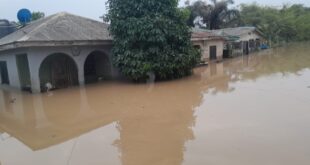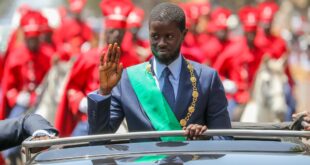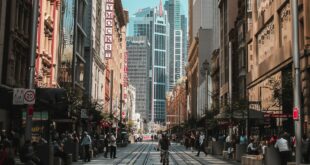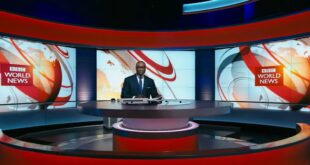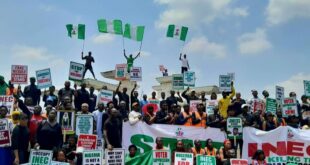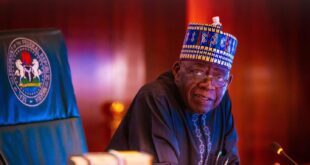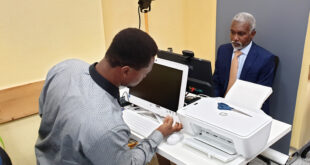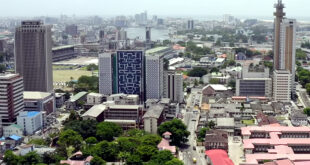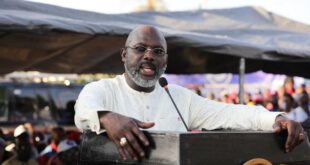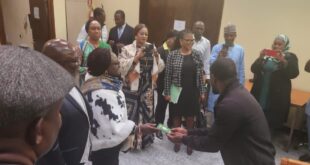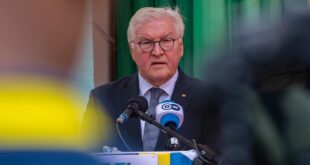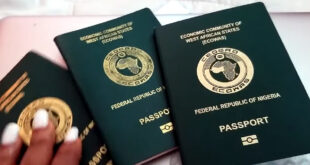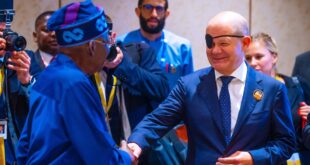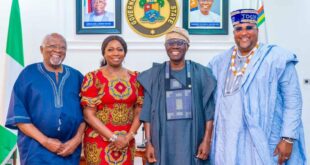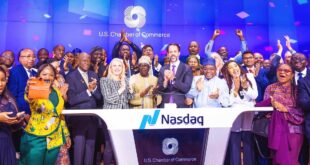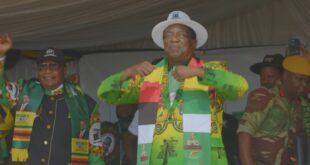The United Nations Special Representative for West Africa said on Wednesday that Gambia’s President Yahya Jammeh would be “strongly sanctioned” if he sought to remain in power after his mandate ends next month.
Mohammed Ibn Chambas made the declaration following the failure of regional leaders to persuade the embattled Jammeh to back down from his rejection of the election’s result which he had earlier accepted.
Adama Barrow, the opposition coalition candidate, won the country’s presidential election on 1 December.
Jammeh, who took power in a coup in 1994, initially conceded defeat on 2 December to Mr Barrow, raising the prospect of an end to his 22 years of autocratic rule. But in a dramatic u-turn that has drawn international condemnation, Jammeh then rejected the result last Friday.
“For Mr. Jammeh, the end is here and under no circumstances can he continue to be president,” Dr Ibn Chambas told the news agency Reuters.
Liberian President Ellen Johnson Sirleaf, a Nobel peace laureate, led the ECOWAS delegation to The Gambia, on Tuesday, that also included Nigeria’s Muhammadu Buhari, Sierra Leone’s Ernest Bai Koroma and Ghana’s John Mahama, who lost an election last week and conceded defeat.
Jammeh is rumoured to have said at the closed-door meeting that since the case was already in court, the Gambia’s judiciary should be allowed to resolve the crisis. He is also speculated to have hinted that he could be interested in a solution that enables him to share power with the newly-elected president, a position vehemently rejected by Gambia’s opposition parties.

Jammeh’s ruling party, the Alliance for Patriotic Reorientation and Construction, filed a case in Gambia’s Supreme Court on Tuesday, challenging the result of the 1 December election, which he claims was rigged in favour of his opponent. He wants the election cancelled and a new one held.
Meanwhile, an extra-ordinary meeting of the presidents of ECOWAS will meet in Nigeria’s capital Abuja on Saturday to decide on the next line of action.
There are already speculations that if negotiations fail, the use military force may be considered by the regional leaders to remove the Gambian president when his term of office expires at the end of January.
UN’s Ibn Chambas has already indicated that military intervention was an option to remove Jammeh.
Moreover, Marcel de Souza, head of the ECOWAS commission, told Radio France International on Monday that sending troops was “a conceivable solution”.
Senegal has also been blowing hot on the issue, with the country’s foreign and defence ministers already issuing veiled threats that it was ready to intervene militarily in The Gambia, which is enclaved in the Senegalese territory apart from its Atlantic coastline.
In a unanimous statement last Saturday, the UN Security Council had called on Jammeh to “respect the choice of the sovereign people of The Gambia, as he did on 2 December 2016, and to transfer, without condition and undue delay, power to the President-elect, Mr Adama Barrow.”
Sesan Adeola with news agency reports
 THE AFRICAN COURIER. Reporting Africa and its Diaspora! The African Courier is an international magazine published in Germany to report on Africa and the Diaspora African experience. The first issue of the bimonthly magazine appeared on the newsstands on 15 February 1998. The African Courier is a communication forum for European-African political, economic and cultural exchanges, and a voice for Africa in Europe.
THE AFRICAN COURIER. Reporting Africa and its Diaspora! The African Courier is an international magazine published in Germany to report on Africa and the Diaspora African experience. The first issue of the bimonthly magazine appeared on the newsstands on 15 February 1998. The African Courier is a communication forum for European-African political, economic and cultural exchanges, and a voice for Africa in Europe.


